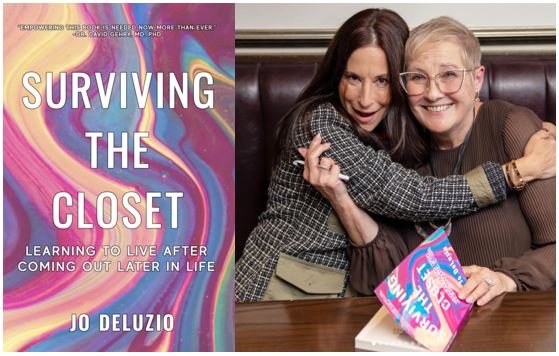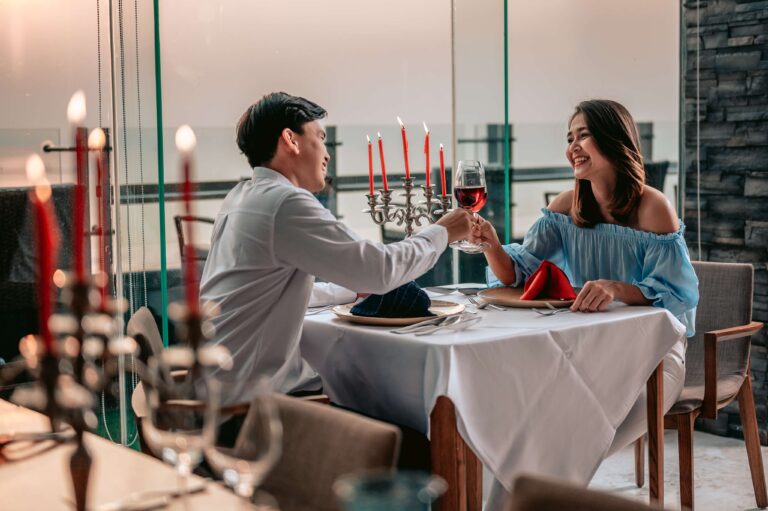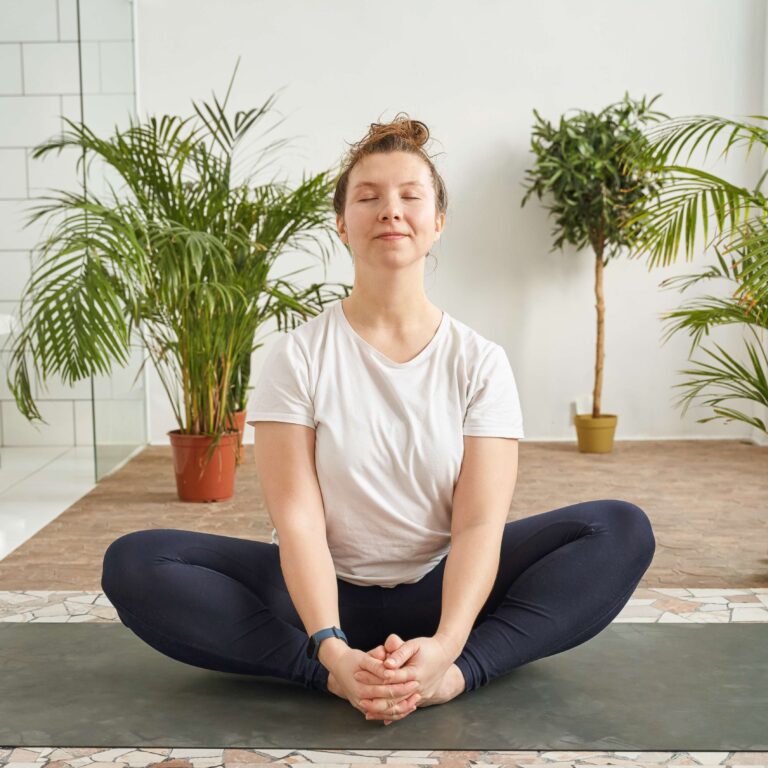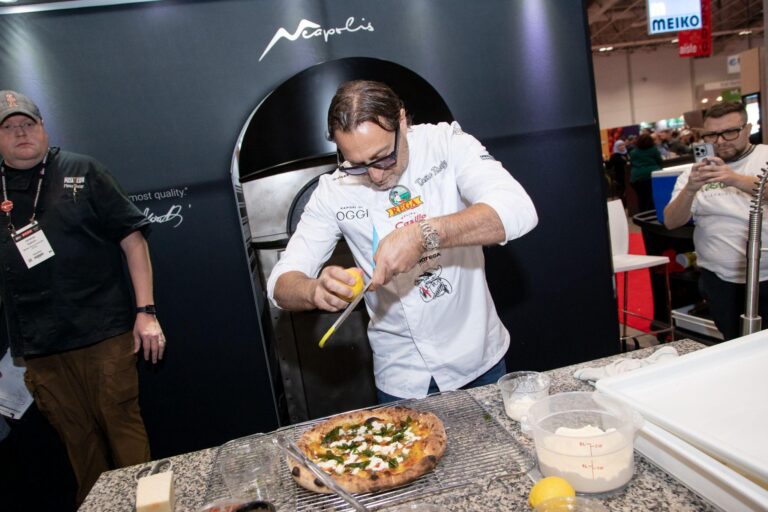Surviving the Closet: An Evolve Pride Month Book Feature
Evolve Magazine is about giving Canadians a voice, creating awareness, and promoting representation. As we celebrate Pride Month, we want to open the conversation on an essential exploration of LGBTQ2S+ experiences from the perspective of a woman who came out later in life —after 20+ years of marriage to a man—to a wide array of different points of view from others who also came out later. Part memoir, part social exploration, and all parts honest, this is a powerful and moving book that explores why women may come out later in life.
With humor and insight, Surviving the Closet is essential reading for anyone—gay or straight. The right of women and all people with non-conventional sexual orientations or gender identities to live a safe and open life is a story of global human rights and a celebration of diversity.
Jo DeLuzio was born in Sault Ste. Marie, Ontario, now resides in Toronto with her wife and children. She attended Western University, graduating with her Master of Clinical Science, specializing in audiology. For the last 40 years, Jo has practiced audiology in various facilities around the Greater Toronto Area. She also holds a PhD in Speech-language Pathology and teaches in the Speech-language Pathology graduate program at the University of Toronto.
Outside of the audiology world, Jo writes about the oppression of people who are LGBTQ+ both in Canada and globally. We interviewed Jo about her new book, Surviving the Closet.
- Tell us the inspiration behind the book. I was sitting on the subway one day when it popped into my head that I am a closet survivor. I have no idea where this concept came from. I took out my computer on the subway and began pounding at my keyboard. When I stopped keying, I had written about 10 pages, with my emotions splattered all over them. I had missed my stop by now, so I put my computer away, left the train, and went to work. I didn’t look at what I had written for several days. But the idea of myself as a closet survivor never left my mind. When I finally reopened the file and read it, I wept. At that very moment, I knew I needed to write the book.
- You were married for over twenty years before you came out. At what point in your marriage did you start feeling differently? I’m not exactly sure what you mean by “feeling differently.” I don’t think I understood my sexuality until I was in my 30s, and by then, I was married and raising four children. I had many happy years with my ex-husband. I loved being a mother and focused all my energy on creating a happy family environment. As the children grew older, I developed my career and moved slowly from part-time to full-time. But it always felt like I was living someone else’s life. Many of my generation, or maybe just many women, were raised by little girls to be pleasers. We needed to please our parents, teachers, husbands, and children. And if we couldn’t do this perfectly all the time, then we had failed. One of the toughest questions I have had to ask myself in my coming-out journey was why I felt the need to please everyone. I needed to understand that I was not a failure for wanting and needing to live an authentic life.
- Can you share some of the challenges you have gone through after you made this decision? There were too many challenges to list them all. But essentially, there was the challenge of telling people, the challenge of losing family and friends, and the long-term struggle of not wanting to hurt anyone that I loved and cared about. A challenge I continue to struggle with today is that of self-acceptance. What I came to realize is that we must live with ourselves longer than we ever live with anyone else. Once we love ourselves, we can begin to heal and grant ourselves permission to move forward and enjoy our lives. To quote the famous drag queen RuPaul: “If you don’t love yourself, how the hell are you going to love anyone else?”
- What do you think are some factors why people come out later in life? Family, culture, religion, and societal pressures are the biggest things that keep people closeted. Safety would be another one, depending on where you live in the world. If you feared for your life or had no means to support yourself and your children, you would have to stay closeted just to survive.
- Can you describe the feeling when you finally came out, and how can someone feel safe when going through this transition? I felt frozen – I was out. Now what? I wasn’t sure what I was supposed to do next. You don’t just declare your sexuality, and then “poof,” you get a new life. Learning to live life as an out gay woman was a process. Each time I attended a lesbian dance, walked into a gay bar, or even just went to the cinema with a group of queer women, I slowly gained confidence. I felt safer in gay spaces. I still do. I don’t think I can tell anyone how they can feel secure. Everyone’s life and circumstances are different. They should move at their own pace when they are safe and able to do so.
- Can you share some advice with others who may be stuck or fear coming out and being their authentic self? What I would tell anyone, but especially women who are in the closet and don’t know how they will ever come out, is that there is hope. If I can do it, you can too! To shamelessly quote my own book: If you can, just walk towards the closet door. Start by telling one person you can trust. Ask them who else might be an ally. Move forward at your own pace. When you can. When you feel safe, one day, you might find that you, too, are a closet survivor.
- How has life changed for you since entering your new journey? Well, I am not going to lie. It wasn’t easy giving up the heterosexual privilege I enjoyed for so many years, and I am not too jazzed by all the invasive questions people ask me and the ridiculous comments they make. (Apparently, you can’t be a lesbian unless you play sports, you can’t have sex if you have long nails, and there is always a “boy” in every lesbian relationship.) But I treasure my life. It is full of the laughter of the courageous woman who is my wife. I recognize how fortunate we are to live in a country that protects us (or at least attempts to) and will never take this for granted. I believe I have become closer to the family and friends who have loved me on both sides of the closet door. They know all about me.
- What is the importance of finding a community and support system when coming out? Finding a community is everything. I couldn’t have done this on my own. By far, most women in the gay community will welcome you with open arms. They will do so regardless of your size, shape, gender identity, age, ability, religion, ethnicity, and the way you dress. They will offer you a hand to hold and a shoulder to cry on. They will share their coming-out stories with you and want to hear yours. This is what lesbian sisterhood is and should be about—support and unconditional acceptance.
- How important is it to you to help empower others to embrace their true self? Vitally important. To quote the great American writer, poet, playwright, and civil rights activist Maya Angelou: Each time a woman stands up for herself, without knowing it possibly, without claiming it, she stands up for all women.
- How do you think we, as Canadians, are doing when it comes to embracing the LGBTQ+ community? Canada as a country is considered safe for 2SLGBTQ+ people. Same-sex marriage has been legalized across the entire country since 2005. Discrimination based on sexual orientation and gender identity or expression is against the law, as is hate speech. On paper, 2SLGBTQ+ people in Canada enjoy the same legal rights concerning housing and employment as everyone else. They also have the same access to adoption, surrogacy, and in vitro fertilization (IVF) treatments as heteronormative, gender-conforming people. But there has certainly been a rise in homophobia and transphobia in recent years. Statistics Canada has reported an increase in police-reported hate crimes because of sexual identity since 2018. The actual numbers are not high, but they are there and used to be closer to zero. 2SLGBTQ+ communities have reported an increase in threats and hate crimes against them and even against drag queens. Clearly, rainbow flags are not welcome everywhere here. Please don’t be fooled into thinking everything is hunky-dory. Right now, the world is full of hate. While Canadians are not hunting down and killing gay people like in some areas of the world, homophobia and transphobia are alive and well, even in Toronto. We need to do better!
- What are you most excited about after you have finally come to terms with who you are? No one was going to hand me my authentic life. I had to claim it for myself. Hiding away in fear wasn’t cutting it! As a queer woman who was living in the closet, I had to find courage from within to break free from mandatory heterosexuality and primarily male-prescribed gender roles. Enough! As dorky as this is going to sound…I am finally me.





